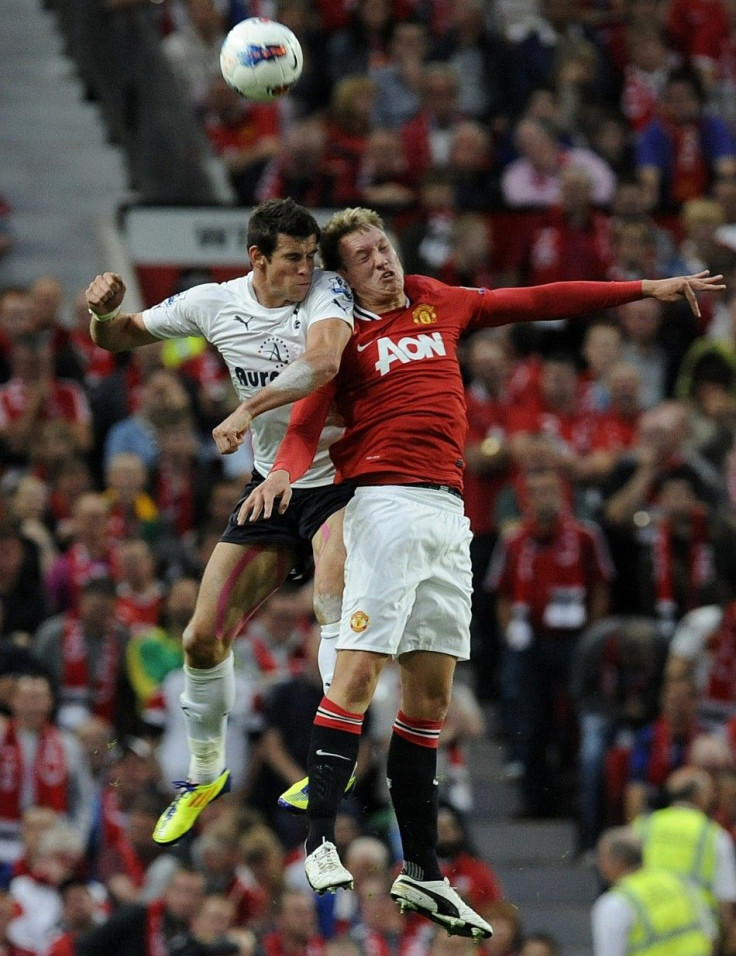Heading the Soccer Ball Can Cause Brain Damage: Study

Soccer players who have a high rate of heading the ball during games and practices can have brain abnormalities and cognitive problems similar to those experienced by patients with concussions, say researchers.
Researchers from the Radiological Society of North America used a magnetic resonance technique on 32 amateur players. They had an average age of 30.8 years and had played since childhood.
What we're talking about here is an extremely high frequency of seemingly trivial blows to the head, said co-investigator Dr. Michael Lipton of the Albert Einstein College of Medicine in New York.
Researchers used an intensive questionnaire to determine each player's individual level of heading the ball during the previous 12 months. They then compared the brain images of the most frequent headers with those of the other players.
First, we were able to show that in soccer players there are changes in the brain that are similar to what we see in people who have had concussion, or mild brain injury, said Lipton.
They found there was a significant difference in a particular measure of neuronal health in brain regions responsible for attention, memory, executive functioning and higher-order visual functions.
Lipton said the findings were important given that soccer is the most popular sport worldwide and is played extensively by children.
© Copyright IBTimes 2024. All rights reserved.











